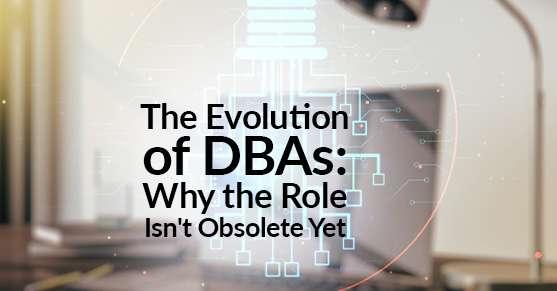As businesses increasingly shift towards cloud computing, one question that arises is whether the role of the traditional Database Administrator (DBA) is becoming obsolete. With managed cloud databases like Amazon RDS and others, many companies are finding it easier and more cost-effective to manage their databases without dedicated DBAs. But does that mean the role of the DBA is unnecessary?
First, let’s define what a DBA does. A DBA is responsible for designing, implementing, and maintaining a company’s database infrastructure. This includes tasks such as setting up new databases, configuring security and permissions, and ensuring high availability and performance. They also monitor the database to detect and resolve any issues that may arise, as well as backup and restore data in case of disasters.
With the rise of managed cloud databases, many of these tasks are now handled by the cloud provider. For example, with Amazon RDS, Amazon takes care of the setup, configuration, and maintenance of the database infrastructure, as well as backups and disaster recovery. This means that companies no longer need to hire dedicated DBAs to handle these tasks.
However, that doesn’t mean that the role of the DBA is no longer needed. While managed cloud databases take care of many of the routine tasks that DBAs used to perform, there are still many areas where DBAs can add value.
One of the most important areas where DBAs can add value is in database performance tuning. While managed cloud databases do a good job of keeping the infrastructure up and running, they may not always be optimized for a company’s specific workload. A skilled DBA can analyze the workload and make adjustments to improve performance and reduce costs.
DBAs can also help with database design and architecture. While managed cloud databases make it easy to get up and running quickly, they may not always be optimized for a company’s specific needs. A DBA can work with the company to design a database architecture that meets its unique requirements and scales as the business grows.
In addition, DBAs can help with security and compliance. While managed cloud databases come with built-in security features, a skilled DBA can ensure that the database is configured correctly and that access is limited to authorized users. They can also help ensure that the database meets compliance requirements for regulations like HIPAA and GDPR.
Furthermore, as the data landscape evolves and becomes more complex, with multiple data sources, different types of data, and more sophisticated analytics, the role of the DBA becomes even more important.
In conclusion, while the rise of managed cloud databases has made it easier for companies to manage their databases without dedicated DBAs, the role of the DBA is far from dead. Skilled DBAs can still add value in areas like performance tuning, database design and architecture, and security and compliance. Companies should consider the specific needs of their business and workload when deciding whether to hire a dedicated DBA or rely on managed cloud databases.
Contact us with any questions and see what our managed DBA services can do for your business!

